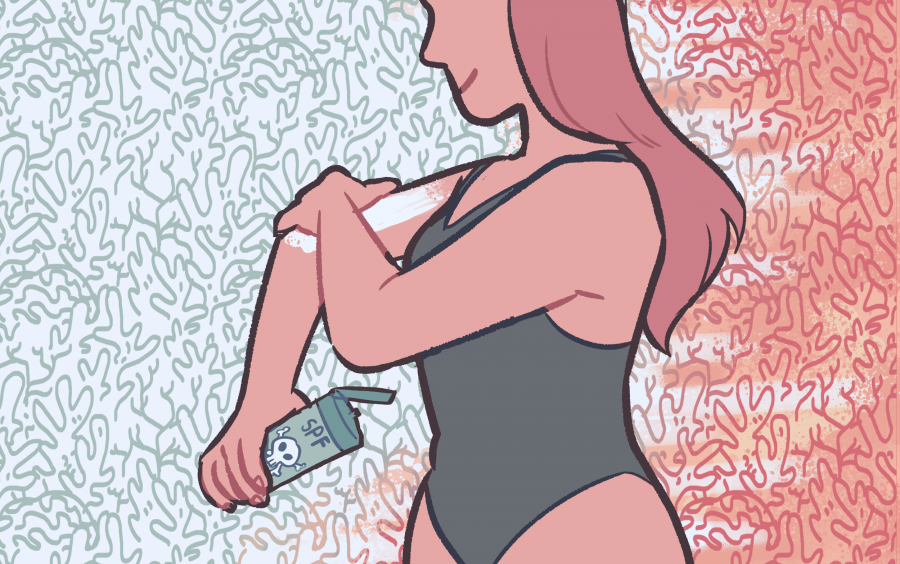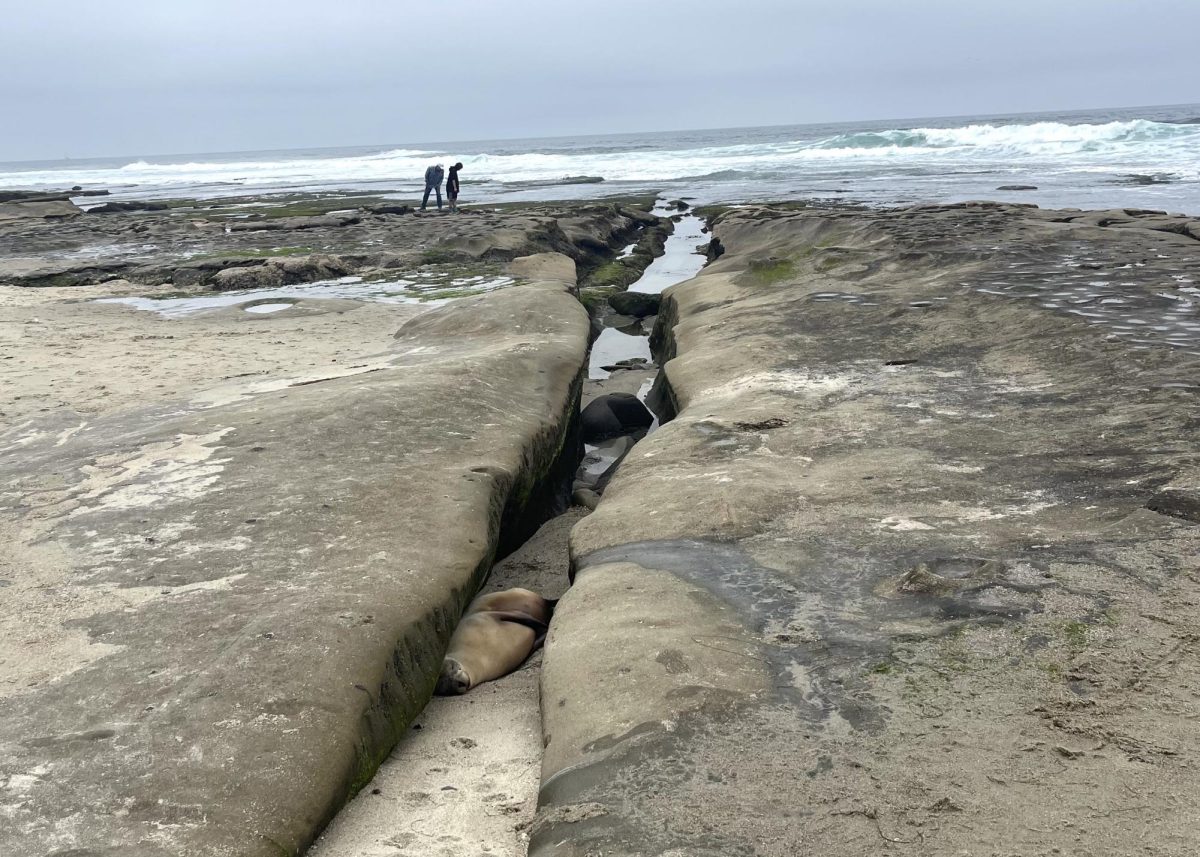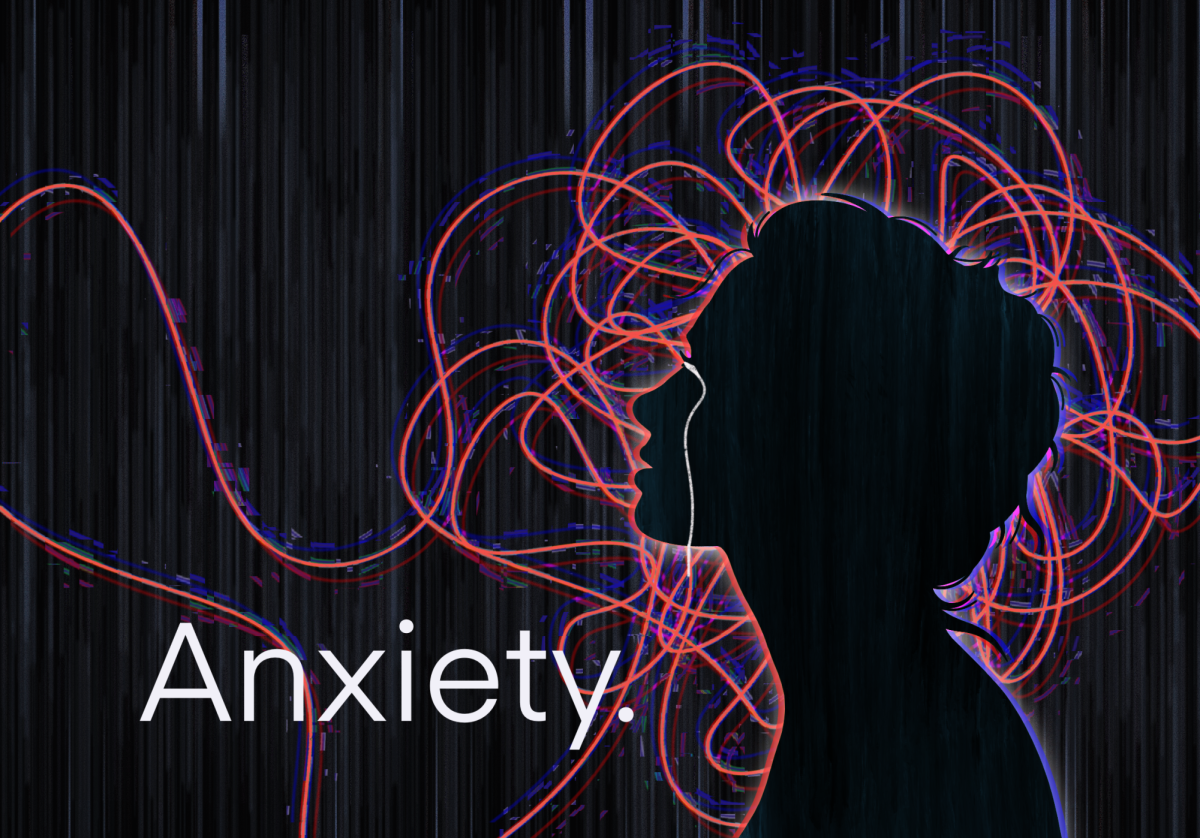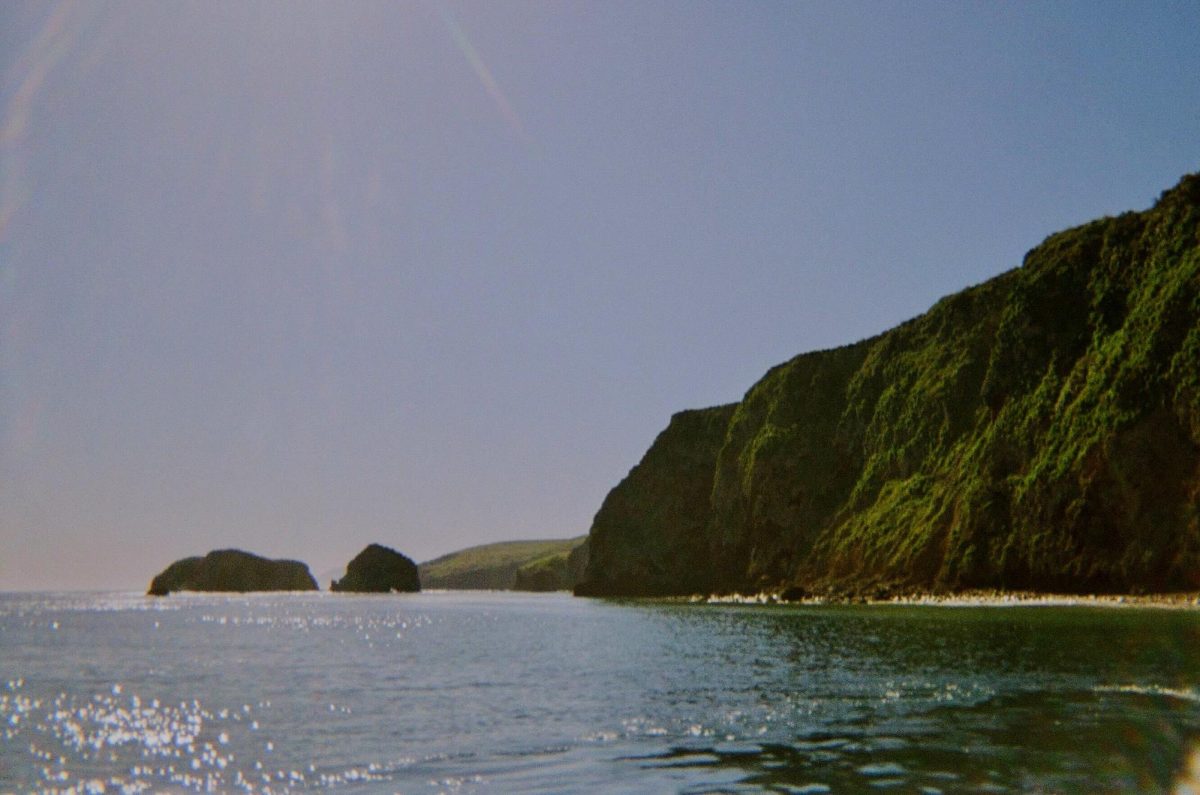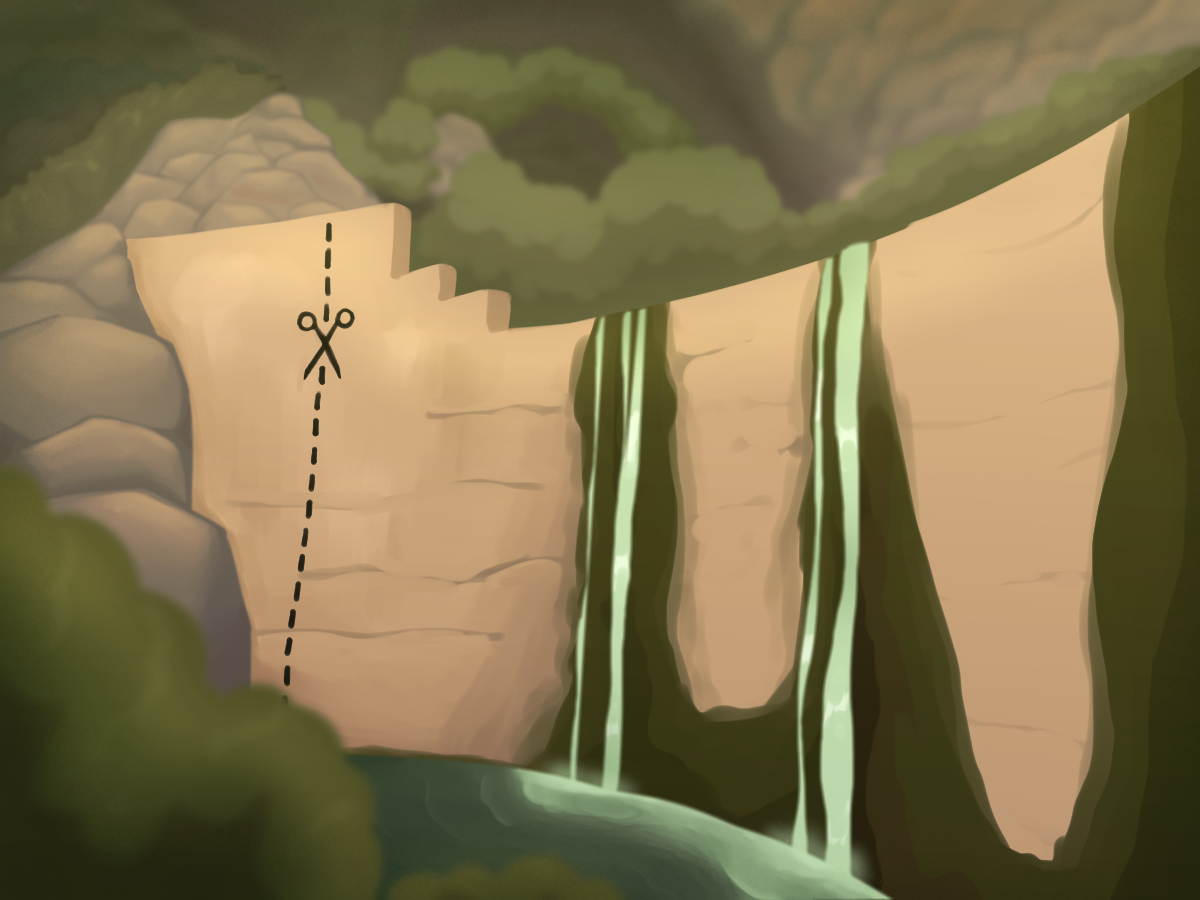The word “sunscreen” has one of the most positive and harmless connotations of almost anything one can say. In a world where 1 out of every 5 of us will get some form of skin cancer, there is no doubt why sunscreen would be spoken so highly of and viewed as the hero against the harmful ultraviolet rays (UV rays). But behind every hero, there are faults.
The chemicals within sunscreen are quite rapidly decimating our ocean environments. These destructive chemicals are the vital “chemical filters” in sunscreens that protect us from UV rays.
Chemicals filters such as oxybenzone, ethylhexyl-methoxycinnamate, octocrylene and many others are large contributors towards coral bleaching. Coral bleaching is a devastating phenomenon in which the zooxanthellae algae that reside in coral providing it with food vacate, causing the symbiotic relationship between the two to collapse. This deprives the coral of nutrients and bleaches it of its vibrant colors, eventually killing the coral.
This is largely due to rapid changes in its environment. Pollution—including that by sunscreen—is one of the largest human-induced contributions to bleaching events.
Seventy-eight million tourists visit coral reefs annually, meaning, 10 million pounds of sunscreen can wash off their bodies and pollute the waters surrounding our coral reefs. Ten million pounds in an astronomical amount of water may sound harmless, but just 10 μL of the chemical filters in a whole liter of water can cause severe coral bleaching. For reference, one Nalgene bottle filled with chemical filters would poison four hundred Olympic sized swimming pools of water and coral reefs.
Coral bleaching threatens a quarter of all ocean biodiversity in the world. But coral is not only a source of beauty, it is also an attribution to the economy. The death of coral worldwide would mean the death of the $375 billion industry built upon fisheries and tourism.
However, this doesn’t mean to stop wearing sunscreen altogether! Sunscreen is vital in preventing common skin cancers such as melanoma, basal cell carcinoma and squamous cell carcinoma. It is the type of sunscreen we wear that makes all the difference.
Choosing the right kind of sunscreen entails choosing between two mainstream styles on the market: mineral filter sunscreen and chemical filter sunscreen. Both have their benefits and drawbacks to both the wearer and the environment.
Mineral filter sunscreens are a lot less common than the latter and often contain zinc oxide or titanium oxide, two substances that are notorious for being incredibly hard to rub in. Zinc oxide, which is found in almost all mineral sunscreens, is the white film that we all see covering a lifeguard’s nose.
Chemical filter sunscreens, on the other hand, are ubiquitous to the consumer. Although they may be much easier to find, chemical sunscreens can be more destructive than helpful. The means by which the filters block UV rays also make it so the sunscreen breaks down much faster than any mineral filter. These same chemicals used to protect skin from cancer-causing UV rays can also cause cancer when broken down and absorbed by the skin.
In addition to being carcinogenic, the daily recommended application of conventional chemical sunscreens contains the same amount of estrogen as daily hormonal supplements for women in menopause.
But there is still hope for those who want to get their tan on without burning or contracting skin cancers. There are plenty of mineral sunscreens that don’t harm the environment on the market, such as Bare Republic, Australian Gold, Neutrogena and TiZo.
Living in our coastal town gives us all a chance for plenty of sunshine. But this is not an excuse to be lazy when buying our sunscreens. The choice of sunscreen can make all the difference to not only our own health but also to the health of the Earth as a whole.

